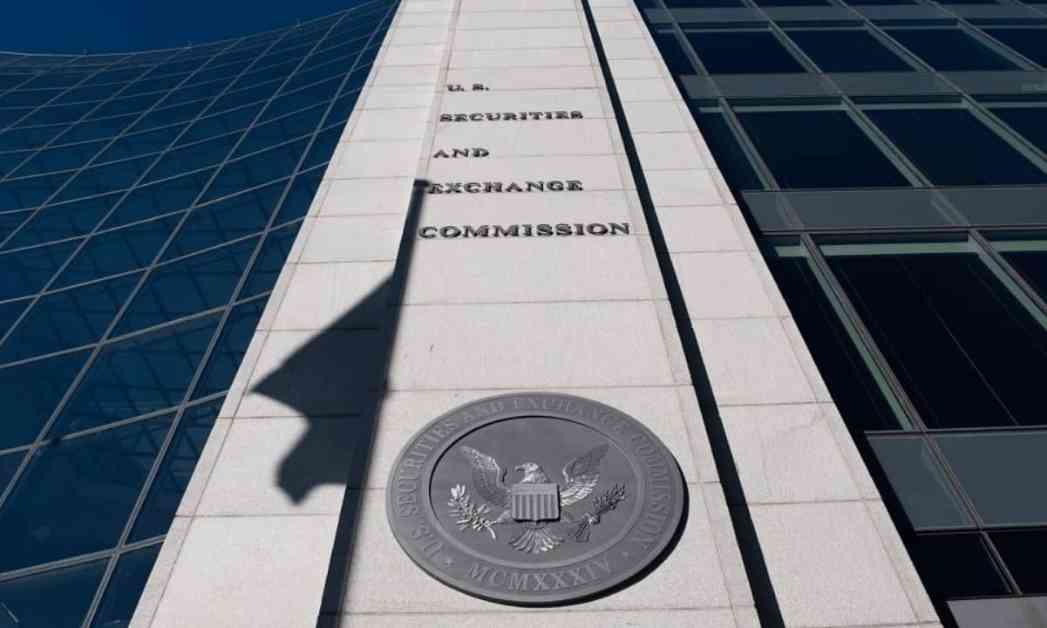A group of Republican lawmakers, led by Rep. Patrick McHenry and Sen. Cynthia Lummis, have expressed their concerns about how the Securities and Exchange Commission (SEC) is regulating crypto custody.
In a letter to SEC Chair Gary Gensler, the lawmakers are asking the agency to withdraw its Staff Accounting Bulletin No. 121 (SAB 121).
The Republicans believe that SAB 121 was issued without consulting key regulators or following the formal rulemaking process. This has led to confusion and increased risks for consumers. The rule requires custodians of digital assets to recognize a liability and hold a corresponding offset on their balance sheets based on the fair market value of their crypto. This differs from traditional accounting practices and could potentially put consumers at risk by not accurately reflecting the custodians’ legal and economic obligations.
The lawmakers argue that rescinding SAB 121 is the appropriate action and well within the SEC’s authority. They point to previous cases where staff accounting bulletins have been revisited.
They also raise concerns about closed-door deals between SEC staff and select financial institutions. These institutions have been granted exemptions from reporting requirements on a case-by-case basis. This has raised questions about fairness and transparency in the application of SAB 121.
One such beneficiary of this treatment is BNY Mellon, the first bank to receive an exemption from the rule. During a public hearing in Wyoming, it was revealed that the SEC allowed the bank to bypass certain requirements of SAB 121 to facilitate its entry into the crypto custody business.
The lawmakers criticize this selective enforcement of the rule, as it creates inconsistencies and undermines investor protections. They argue that all institutions should be subject to the same rules and that exemptions should not be granted behind closed doors.
Overall, the Republicans are calling for more clarity and consistency in the SEC’s regulation of crypto custody to ensure that investors are adequately protected and that the market operates fairly for all participants.

